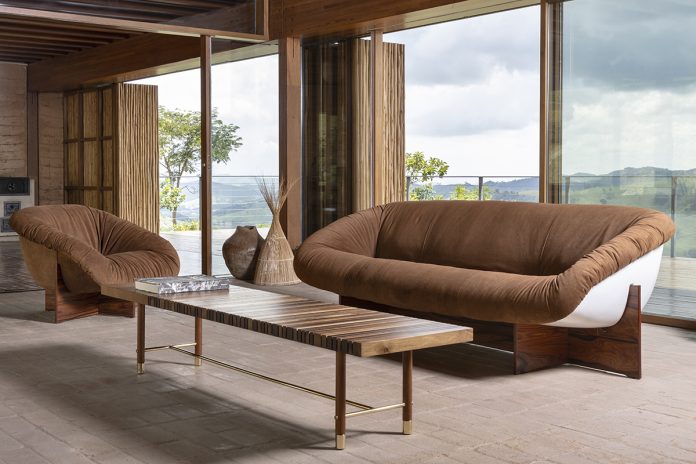There can be no progress without looking back at the past. This is a fundamental concept for the Brazilian furniture brand Etel, which from its founding in 1985 has approached the design of tomorrow by relying on almost extinct production techniques and materials. An ethical approach of sustainability and research that is updated with the arrival of a new challenge: to create pieces by using raw wool, resins, natural fibers and pigments, reutilizing waste and substances left over from the company’s working processes.
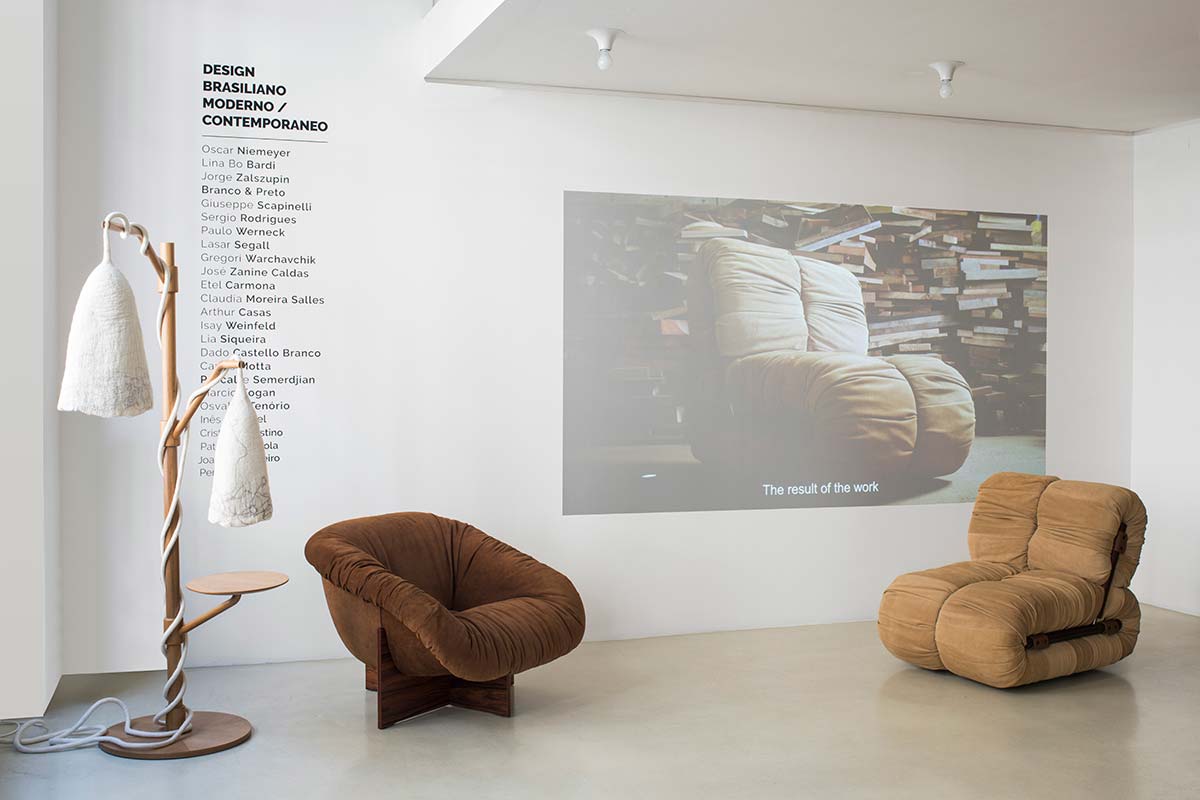
The aim is to reconnect with nature, as a new expression of contemporary style. The problem has been faced by Patricia Urquiola, Studio MK27 of Marcio Kogan and Juliana Vasconcellos, protagonists of the new creations presented during the recent Milano Design Week. The company prefers to work with designers and architects that have affinities with its values. In this initiative, Etel welcomes the brand’s first non-Brazilian designer, Patricia Urquiola, who has applied her design sensibilities to spread the pioneering spirit and fine craftsmanship of the company to a wider segment of the current scene.
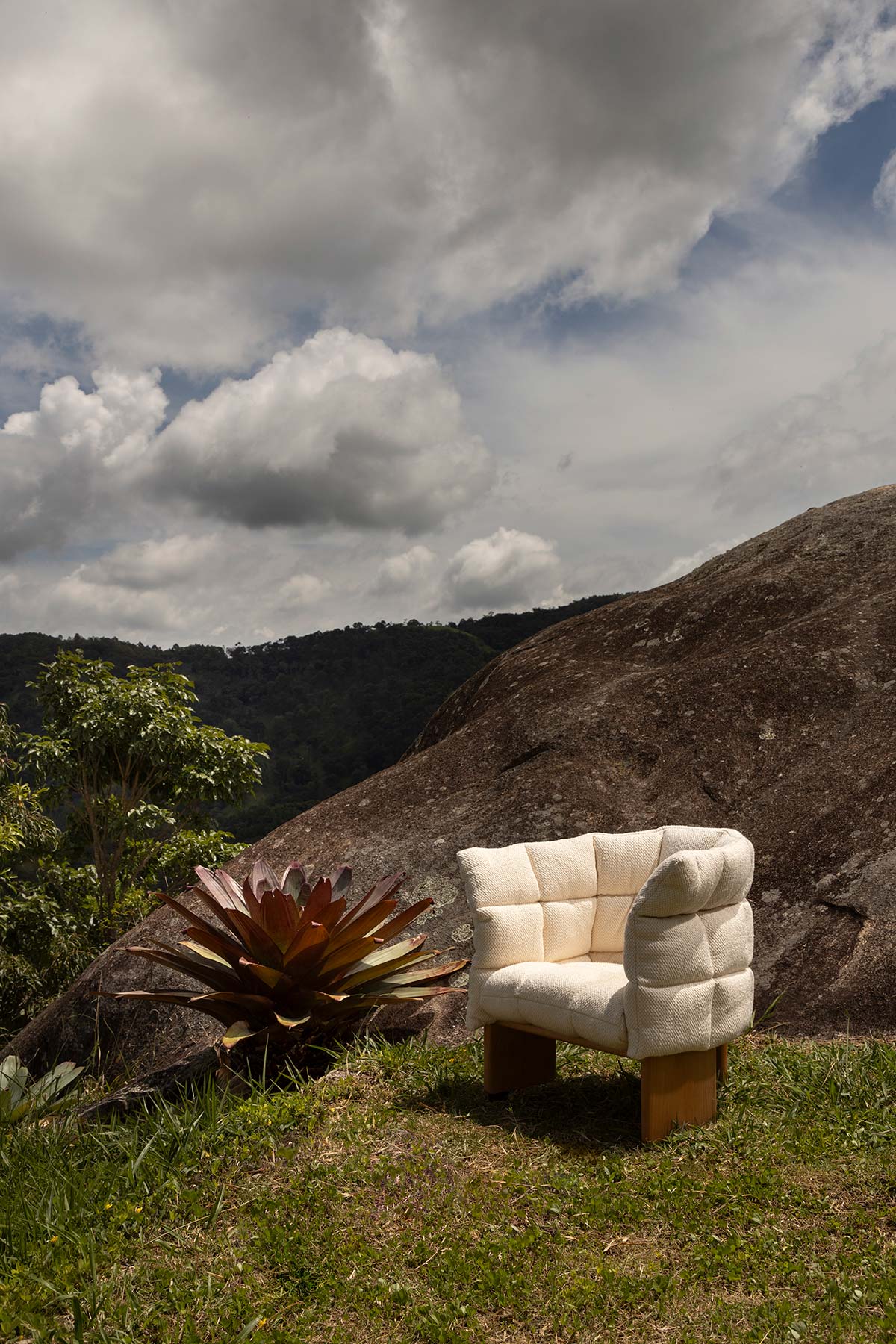
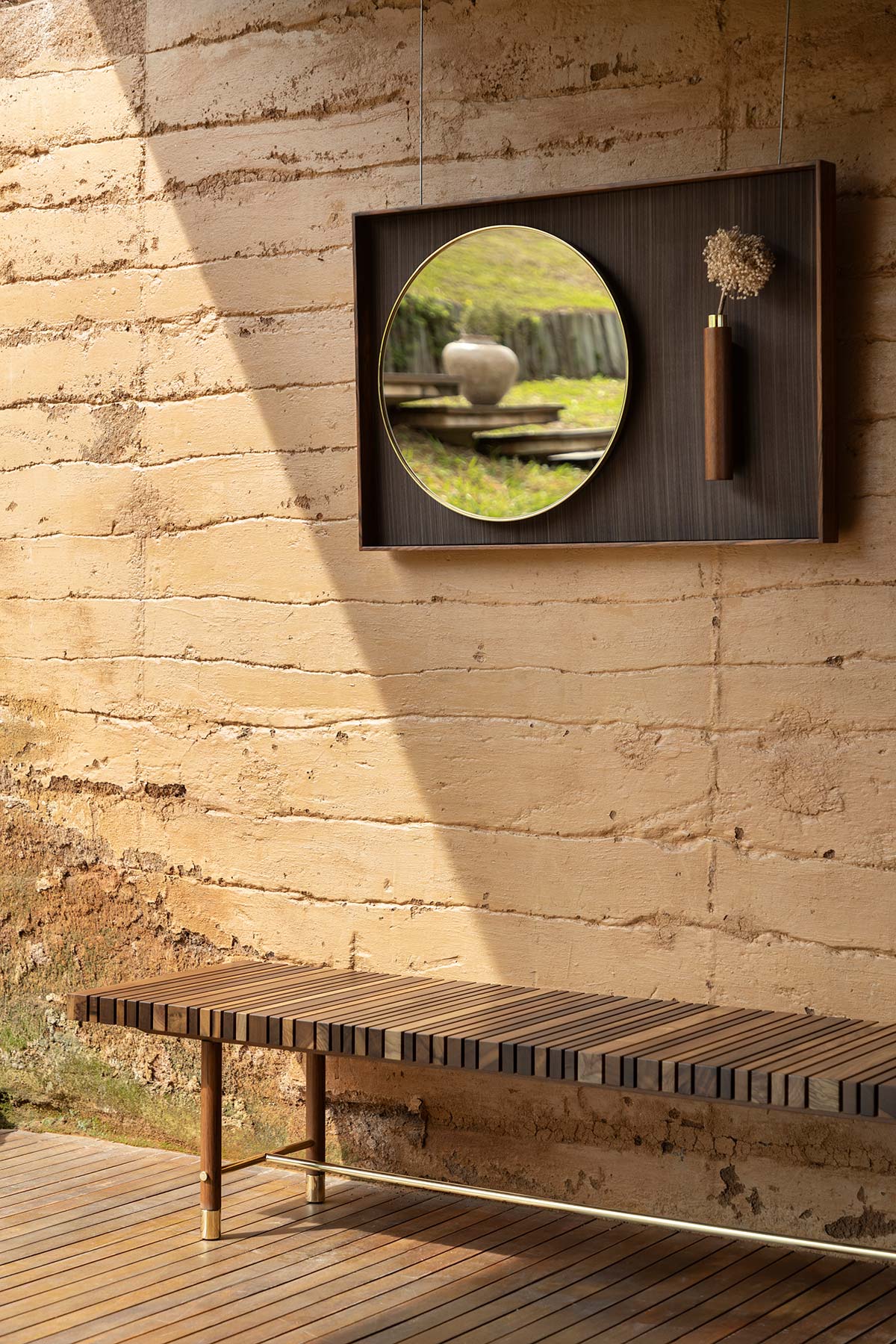
Her Naturalia is a collection of sofas, armchairs, benches and tables. The seating elements, with a structure in FSC certified wood, feature removable covers envisioned as seasonal garments: in pure non-treated cotton, for the summer, and in premium wool for the winter. The materials are derived from an important Brazilian hub of fashion textiles. The tables and benches, on the other hand, are made in bioplastic from plants: a resin based on sugar cane, agglutinated with grass, sawdust and natural Brazilian earth pigments, producing an effect similar to stone/granite.
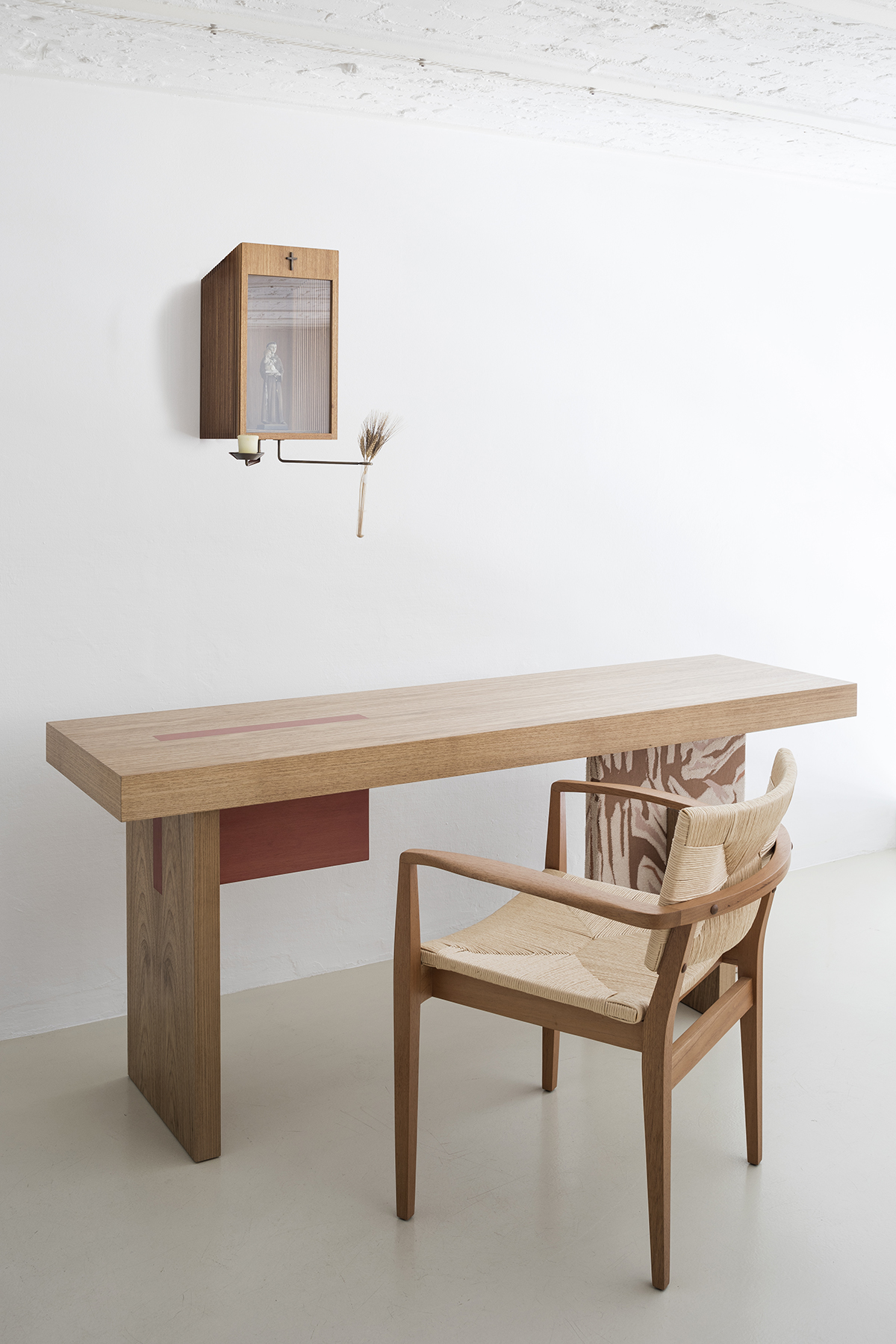
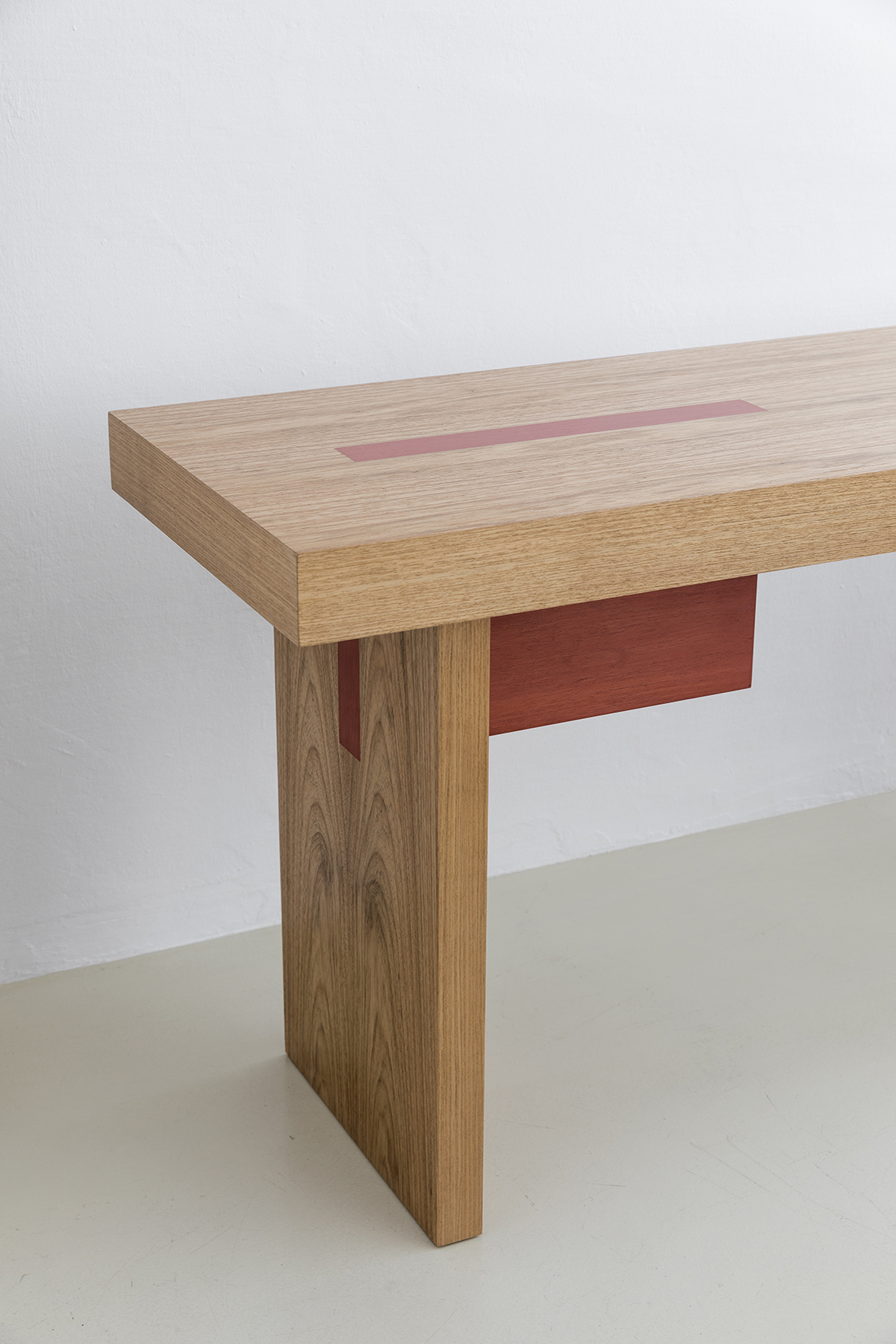
Studio MK27 uses leftover pieces of wood to create the Toquinho bench and the Bóris chess table. Composed of a variety of different types of wood and finishes, each item becomes unique limited edition, depending on the availability of the surplus wood materials, which dictate the time frame of the production. The Ego mirrors feature decorative detailing in straw taken from banana leaves, relying on age-old working techniques. As in the case of Nomad, the collection by Juliana Vasconcellos composed of shelving, sofas, desks and sideboards in wood stained with local earth tones, and tapestries inspired by the topography of the designer’s native region, Minas Gerais.
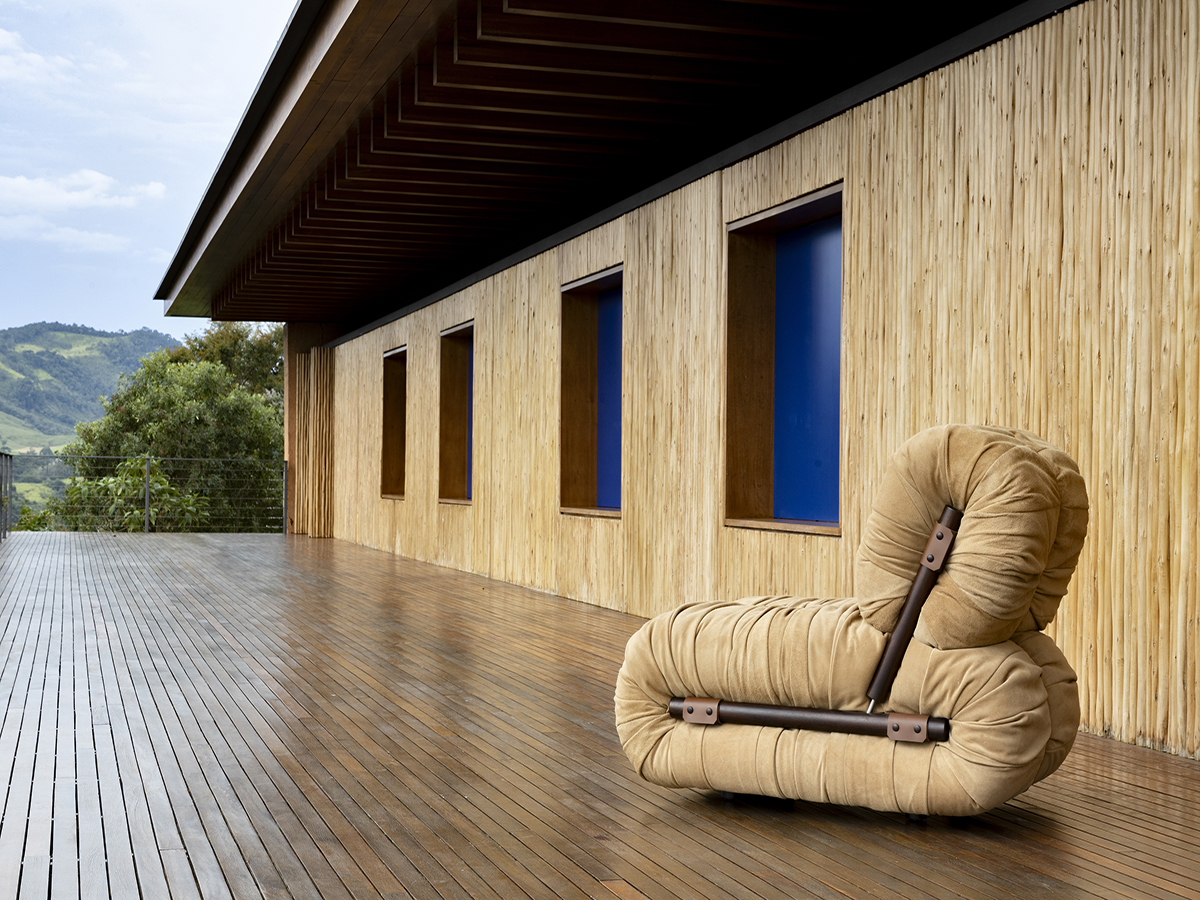
The overall portfolio is enhanced by several reissues of pieces by Percival Lafer, the last living modernist designer, whose work has always stood out for its bold originality. Just like Etel.

